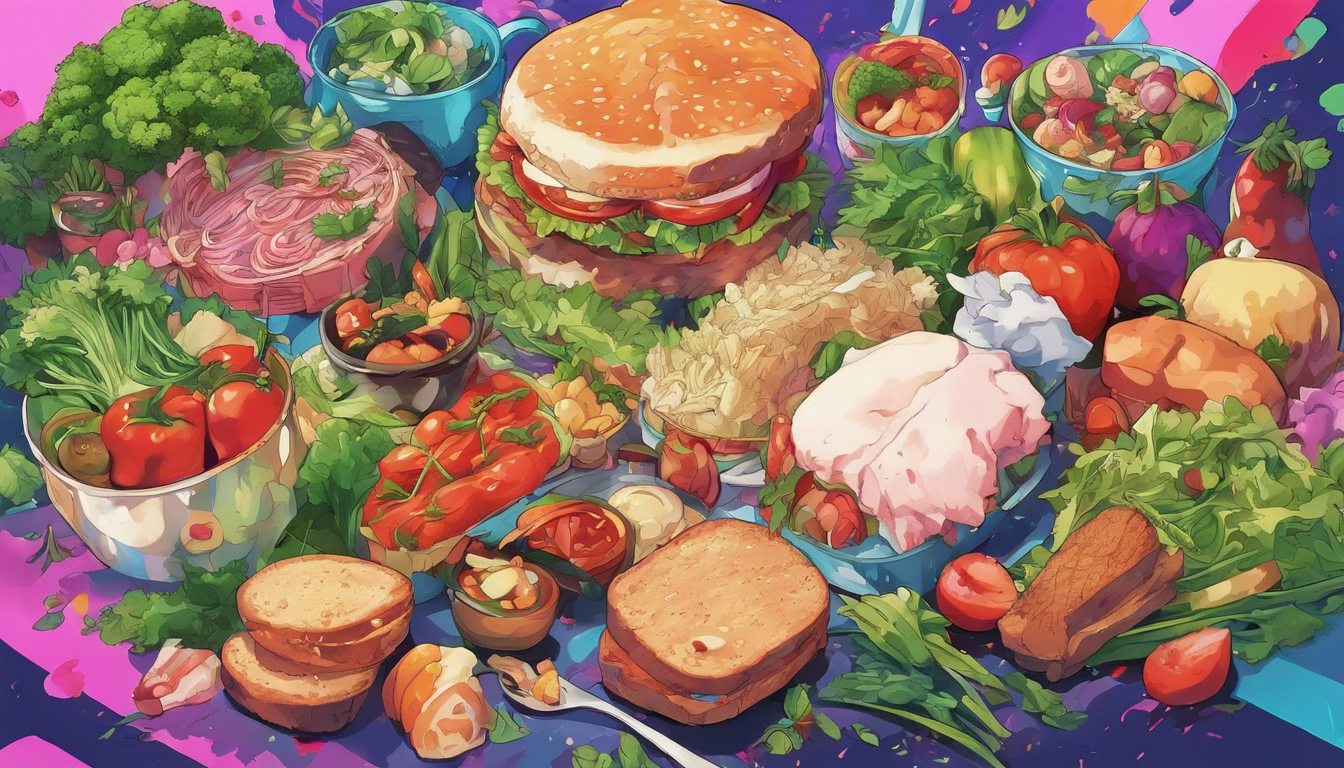
Veganism is a lifestyle that is steadily gaining social acceptance and recognition around the world. However, there are still several myths and misconceptions surrounding the vegan diet that can hinder its acceptance and understanding. In this article, we will debunk some of these common myths and present factual information about the vegan diet to help dispel misconceptions and provide accurate insights into this ethical and sustainable way of living.
Myth: Vegan diets lack essential nutrients
One of the most common myths about veganism is that it is difficult to obtain all the necessary nutrients solely from plant-based foods. However, with careful planning and a balanced approach, it is entirely possible to meet all nutritional requirements on a vegan diet. Plant-based sources can provide ample protein, vitamins, minerals, and essential fatty acids. For example, legumes, tofu, tempeh, nuts, and seeds are excellent sources of protein.
Myth: Vegans are protein deficient
Contrary to popular belief, many plant-based foods are rich in protein. Legumes such as lentils, chickpeas, and black beans pack a powerful protein punch while being low in fat. Additionally, whole grains like quinoa and amaranth also contain notable amounts of protein. It is important to note that most people, including vegans, easily meet or exceed their daily protein requirements through a varied and balanced diet.
Myth: Vegan diets lead to iron deficiencies
Iron is an essential mineral required for healthy blood circulation and overall well-being. While it is true that plant-based iron sources are less readily absorbed than those from animal products, it is entirely possible to maintain healthy iron levels on a vegan diet. Plant foods such as legumes, spinach, tofu, and fortified cereals are excellent sources of iron. Pairing foods rich in vitamin C, such as citrus fruits or bell peppers, with iron-rich foods can also enhance iron absorption.
Myth: Vegans lack calcium for strong bones
Calcium is important for bone health and other bodily functions. Many people associate calcium primarily with dairy products, but there are numerous plant-based sources of this essential mineral. Foods like tofu, fortified plant-based milk, leafy greens, chia seeds, and almonds are rich in calcium. It is entirely possible to meet calcium needs on a vegan diet by incorporating these foods into one’s meals and snacks.
Myth: Vegan diets are expensive
Contrary to popular belief, vegan diets can actually be cost-effective. While some specialty vegan products might be more expensive, the foundation of a vegan diet is based on whole plant-based foods such as grains, legumes, fruits, and vegetables – which are often more affordable than animal products. Furthermore, growing awareness and demand for vegan alternatives have led to increased availability and affordability of plant-based options in supermarkets and restaurants.
Myth: Vegan diets lack variety
The misconception that vegan diets lack variety often stems from a limited understanding of plant-based ingredients and recipes. In reality, the realm of plant-based foods is vast and diverse, offering an incredible range of flavors, textures, and culinary possibilities. From vibrant fruits and vegetables to an array of legumes, grains, nuts, and seeds, there are countless options to explore and experiment with when following a vegan lifestyle.
By debunking these common myths surrounding veganism, we hope to promote a better understanding of this ethical and sustainable lifestyle. Vegan diets can provide all the necessary nutrients for optimal health when well-planned and varied. With greater awareness and accurate information, we can foster social acceptance and appreciation for the benefits of a vegan lifestyle in our communities.